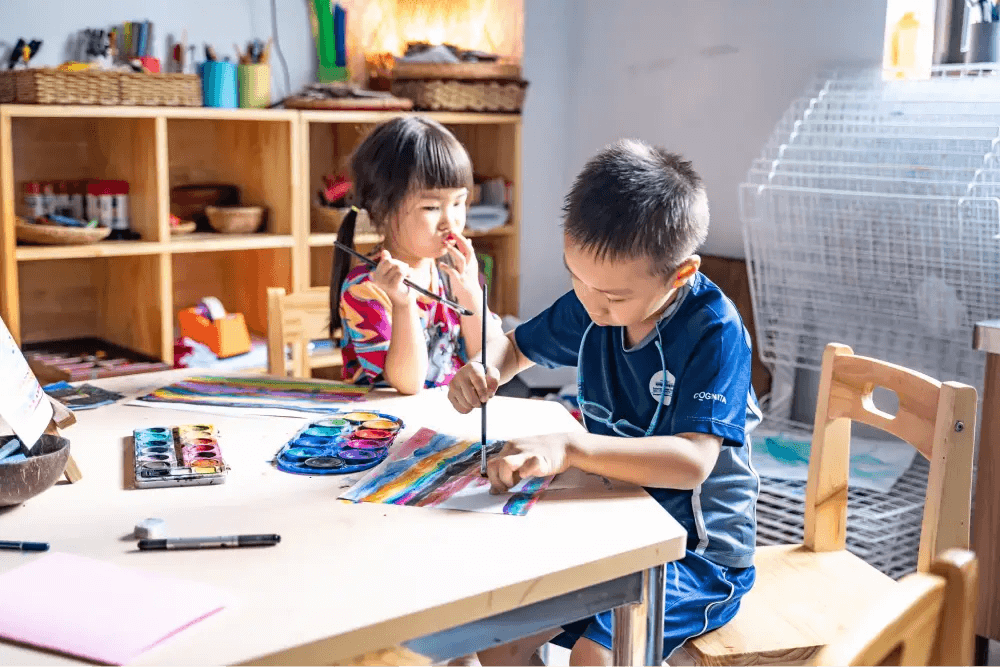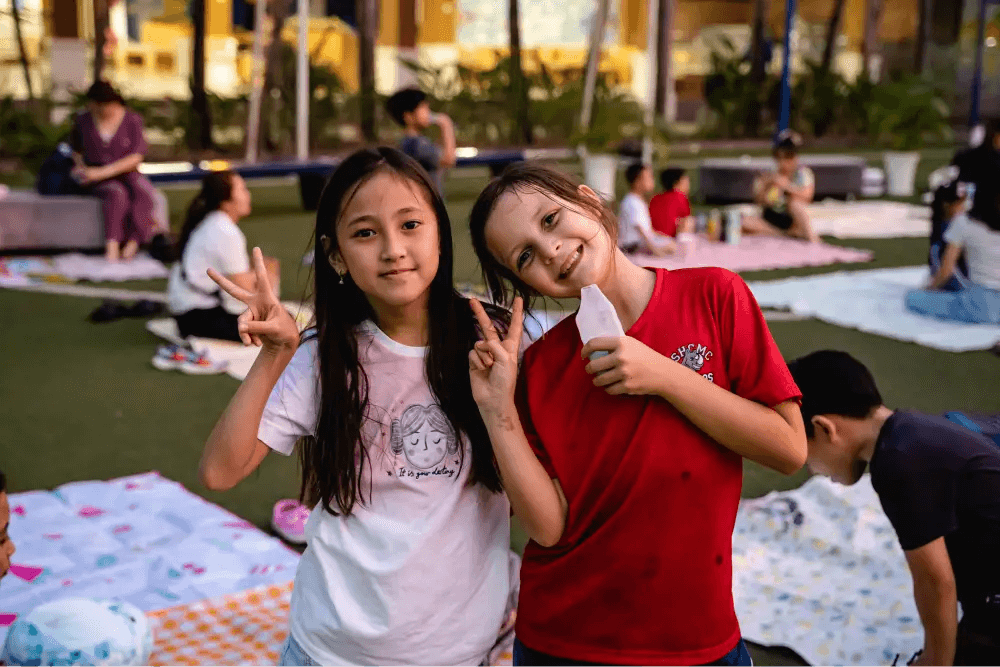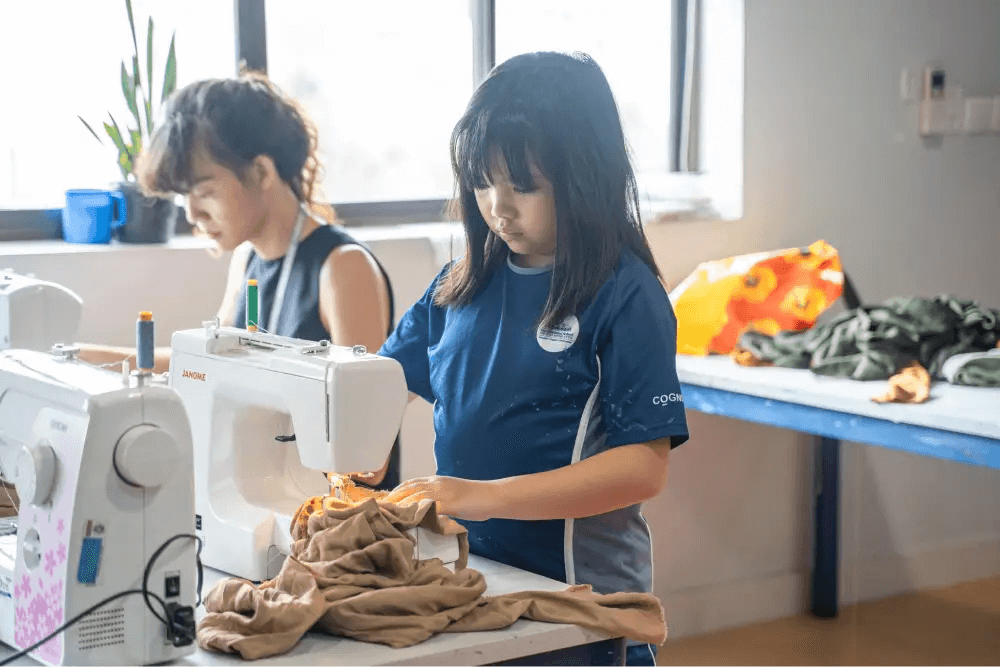After School Routines: Tips & Activities for Your Child
Creating structured after-school routines for your child is more than just managing their time – it’s about fostering their growth, balancing relaxation with productivity, and nurturing their interests. With the right mix of activities, you can help your child transition smoothly from school to home, ensuring they have the support to unwind, stay active, and continue learning in a fun, engaging way. In this blog, we’ll explore practical tips and a variety of activities that can transform your child’s after-school hours into a rewarding and enjoyable part of their day.
Why Some Kids Need an After School Routine
After school routine can be essential for children because of the numerous benefits it offers, such as:
- Predictability: A structured after-school routine gives children a sense of security, as they feel secure when they know what may happen.
- Better time management: Schedules help children manage their time more effectively. They can complete their homework and enjoy leisure activities without feeling rushed.
- Reduced overwhelm: Following a routine allows children to transition smoothly between activities, reducing stress by eliminating complex decision-making.
- More independence: Children start to take initiative on their tasks after getting used to their afterschool routine. For example, if doing homework is part of the routine, they will complete it without any reminders.
- Enhanced family time: Family members know what to do after setting up the routine. Hence, they will have more quality time together and avoid arguing about their schedules.
- Improved sleep habits: Incorporating quiet activities into after school routines can promote better sleep patterns and reduce bedtime resistance.
Tips for Setting Up an Effective After School Routine
A well-organized routine gives children a clear idea of what to expect. Here are some tips for setting up a routine that helps them transition smoothly from school to home life:
- Plan out everything: The more details the routine, the easier children can follow. Parents should schedule activities when their children arrive home to reduce uncertainty after a long day. While routines may vary sometimes, consistency on most days can yield the best results.
- Create an afterschool routine chart: The chart guides children through their tasks. You can include hanging up coats, having a snack, doing homework, and helping with chores in the chart. Simple things like designating specific places for bags and items can help prevent clutter.
- Consider your child’s needs: Each child is unique. While some love physical activities, others prefer quiet time. Parents should tailor the after school routines to suit their children’s preferences.
- Flexibility: Experiment with various routines to determine what works best for your child. In addition, Incorporating both outdoor and indoor activities will help create a balanced schedule.

7 Effective After School Routine Activities for Kids
As long as you adhere to the tips mentioned above, you can establish an effective after school routine for your children. Here are some ideas to try:
1. Stick to a Homework Routine
Homework allows children to practice what they learn at school. By consistently engaging in homework, they develop study habits that are essential for long-term academic success.
Parents should establish a specific time each day dedicated to homework, typically after a snack and some downtime. Choosing a distraction-free space is important, too, as children need to focus on their tasks.
Flexibility in the routine can also help find the best approach for each child. They should be the ones who choose where to study and freely experiment at different times.
2. Do the Household Chores
Household chores as an after school routine can instill responsibility in children. Age-appropriate tasks like tidying their rooms and setting the table help them learn the importance of contributing to their families and fostering a sense of teamwork and belonging.
Additionally, doing chores after school is a healthy break from academic tasks. Children can shift their focus and engage in different types of activities. The break also makes the transition from schoolwork to leisure time more seamless, as children enjoy their free time knowing they have completed their academic responsibilities.
3. Get Moving with Fun Play
Physical play as an after school routine significantly enhances a child’s overall well-being. After a day of school tasks, children need to release their energy through outdoor activities, such as:
- Backyard fun zone: Children can turn their backyard into a mini park where they can engage in many outdoor games like playing sport, treasure hunt, and tag.
- Teamwork: Ask other children in the neighborhood to form a team. Group activities help them learn about healthy competition and develop leadership abilities.
- Neighborhood exploration: Getting some fresh air with a walk or a bike ride around your neighborhood can be refreshing.

4. Boost Creativity
Creative activities encourage children to think outside the box and explore multiple solutions to problems. Integrating such activities into the after school routine benefits a child’s well-rounded development that supports their intellectual and emotional growth.
After participating in physical play, children can boost their creativity through various activities like painting, sketching, and building blocks. This creative time nurtures their imagination and cognitive skills.
5. Limit Screen Time Smartly
Some parents cut off screen time completely due to its negative impact on children. However, screens are rich resources for entertainment, learning, and connection when appropriately used. Balancing screen time with other activities is good for a healthy after school routine since children can have a valuable break after a day of focus and learning.
Parents should set specific guidelines for screen use to minimize conflicts. They can also make screen time a reward by allowing it only after completing homework and chores, which motivates them to finish their tasks.
6. Spend Time Together as a Family
A daily family hour into the daily routine allows family members to engage in meaningful activities without any distraction, fostering connections and strengthening bonds. These shared moments create cherished memories and teach children the importance of relationships.
If your family does not have time for a board game or walk, sitting down for dinner can still develop a strong sense of belonging. This valuable chance also encourages open conversations and healthy dining habits.
7. Build Independence Skills
As children grow, they should be able to manage tasks on their own. Parents can assign age-appropriate responsibilities, such as helping with household chores and organizing their study space to build a sense of self-reliance in their children.
Decision-making and problem-solving are also proof of independence. By encouraging children to make decisions in their after school routine and guiding them to think through possible solutions, parents can teach their children that they are capable of handling different situations.

Explore Academic Excellence at ISHCMC
ISHCMC offers a comprehensive educational journey through our Primary School, Secondary School (IB MYP), and Secondary school (IB DP). The Primary program fosters conceptual understanding and lifelong learning. When moving to the MYP program, students focus on intellectual challenges and practical connections between studies and the real world. After that, the DP program offers a rigorous curriculum that prepares them for university and future careers.
Creating effective after school routines complements our structured and challenging academic environment. Students can also nurture essential life skills such as time management and responsibility. At ISHCMC, educators and parents work together to reinforce the core values and skills needed to ensure a well-rounded education.
If you want to give your child a world-class education that develops their curiosity and creativity, apply to ISHCMC today! It’s time to join a vibrant community dedicated to helping students achieve a successful future!






